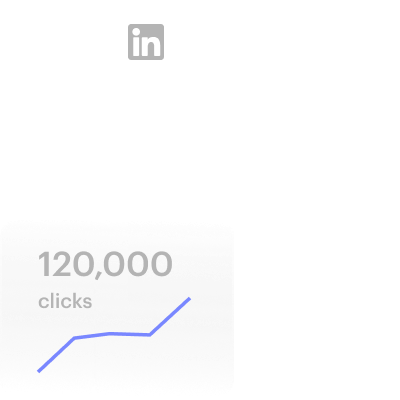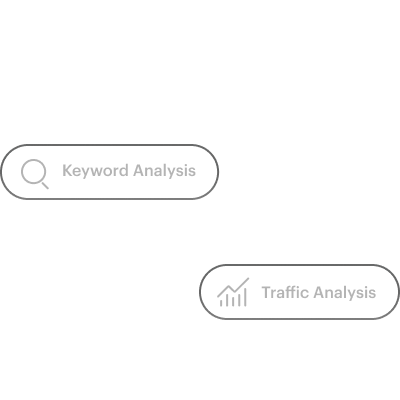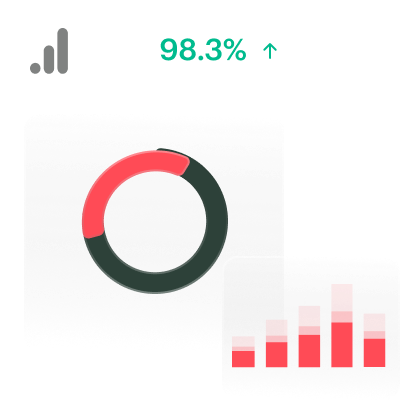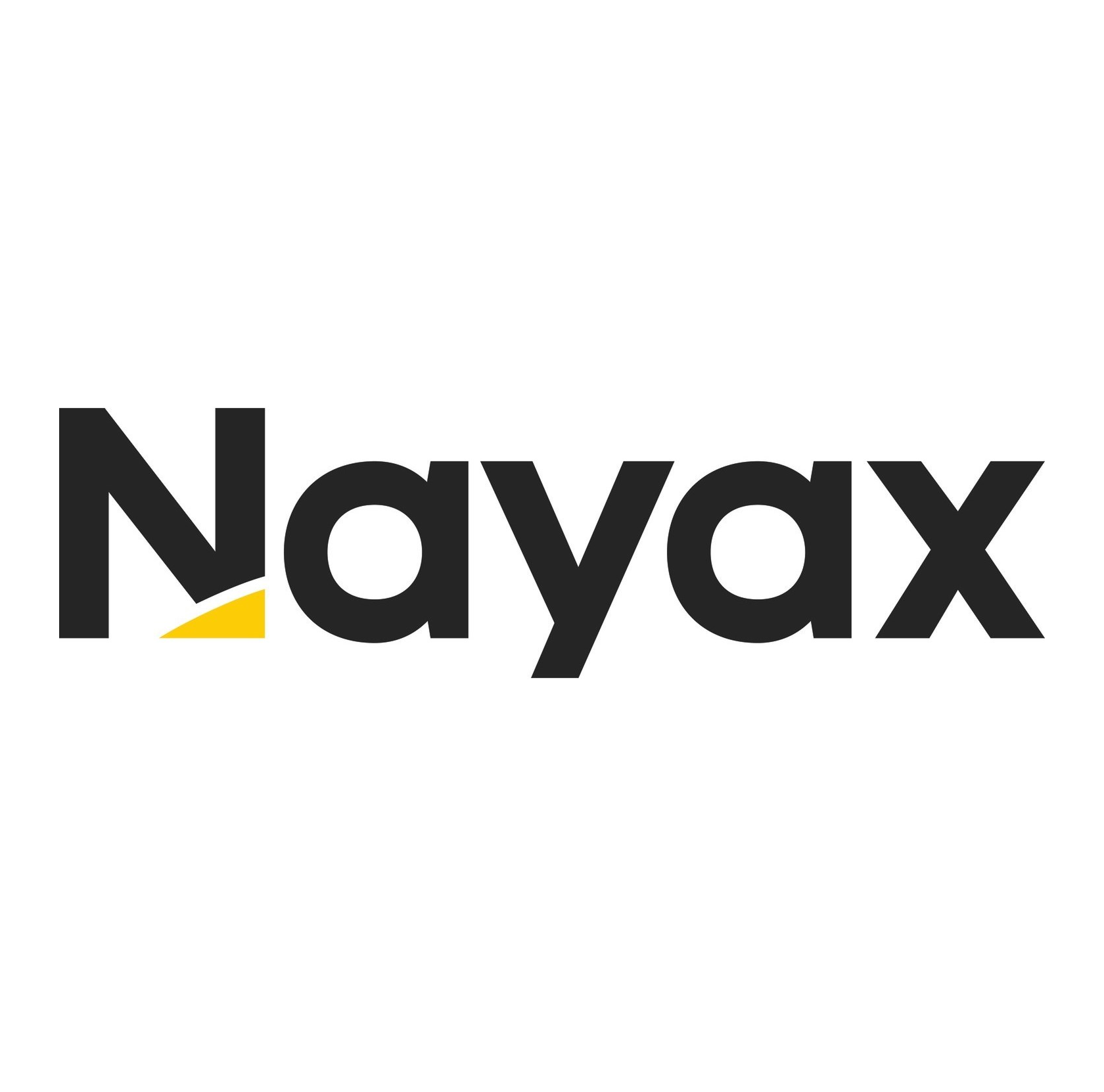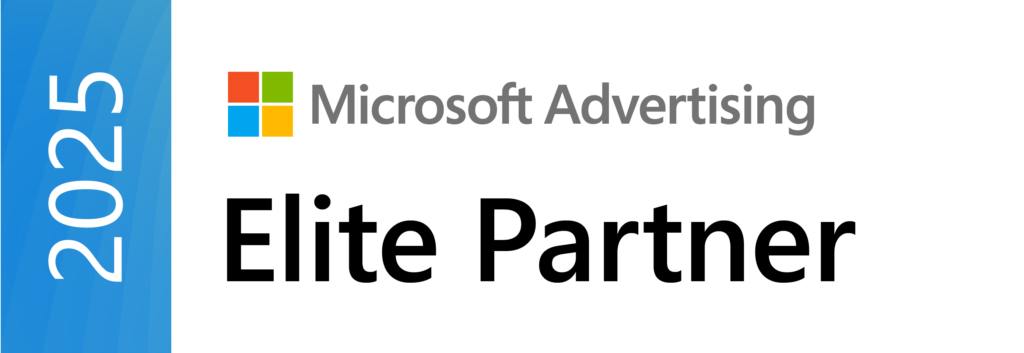Construction and building industries are traditionally hands-on and local, but they are increasingly integrating new technologies and responding to broader economic trends. Business models are evolving as firms explore design-build services, modular construction, and closer partnerships across the supply chain to improve efficiency.
External challenges such as volatile material costs, labor shortages, and regulatory pressures (particularly around safety and environmental impact) continue to shape the industry. There’s significant tech movement: Building Information Modeling (BIM) is now standard for many projects, enabling better planning and collaboration. Drones are routinely used for site surveys and progress monitoring, and some companies employ AI for project management (predicting potential delays or optimizing schedules) and even use robotics for repetitive tasks. Sustainability is a growing focus – green construction methods and materials are increasingly demanded by clients and regulators aiming for energy-efficient, low-carbon buildings.
In terms of marketing, the construction industry has historically relied on networks, referrals, and bidding processes more than proactive outreach. However, that’s changing: firms recognize the value of a professional web presence and SEO to showcase their portfolio (so that, say, a property developer researching contractors for a new project can easily find them). Content marketing might include project case studies, safety records, or insights on construction innovation to build credibility. Additionally, as construction companies compete for talent, employer branding through digital channels has become important – highlighting company culture, training opportunities, and successful projects to attract skilled workers.

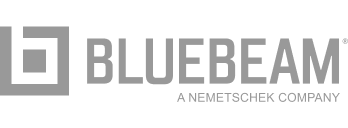







.png)
